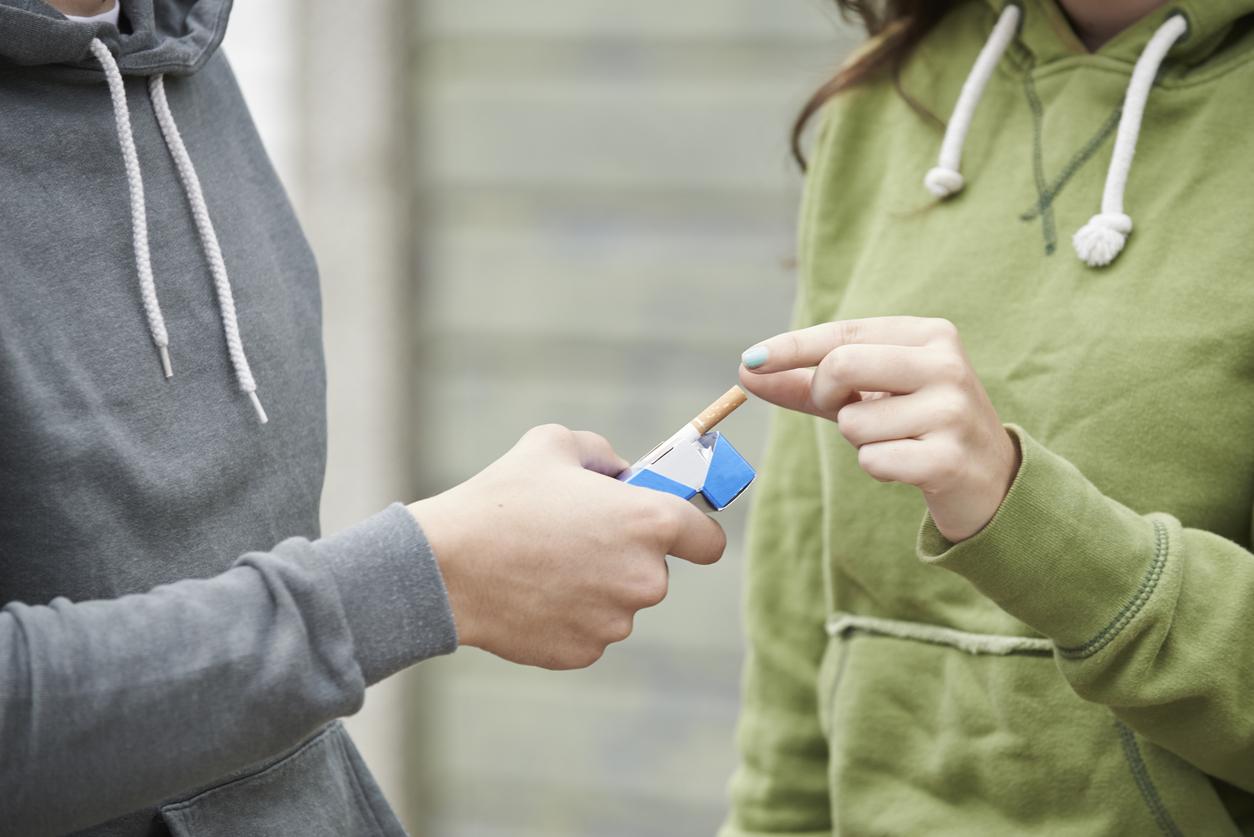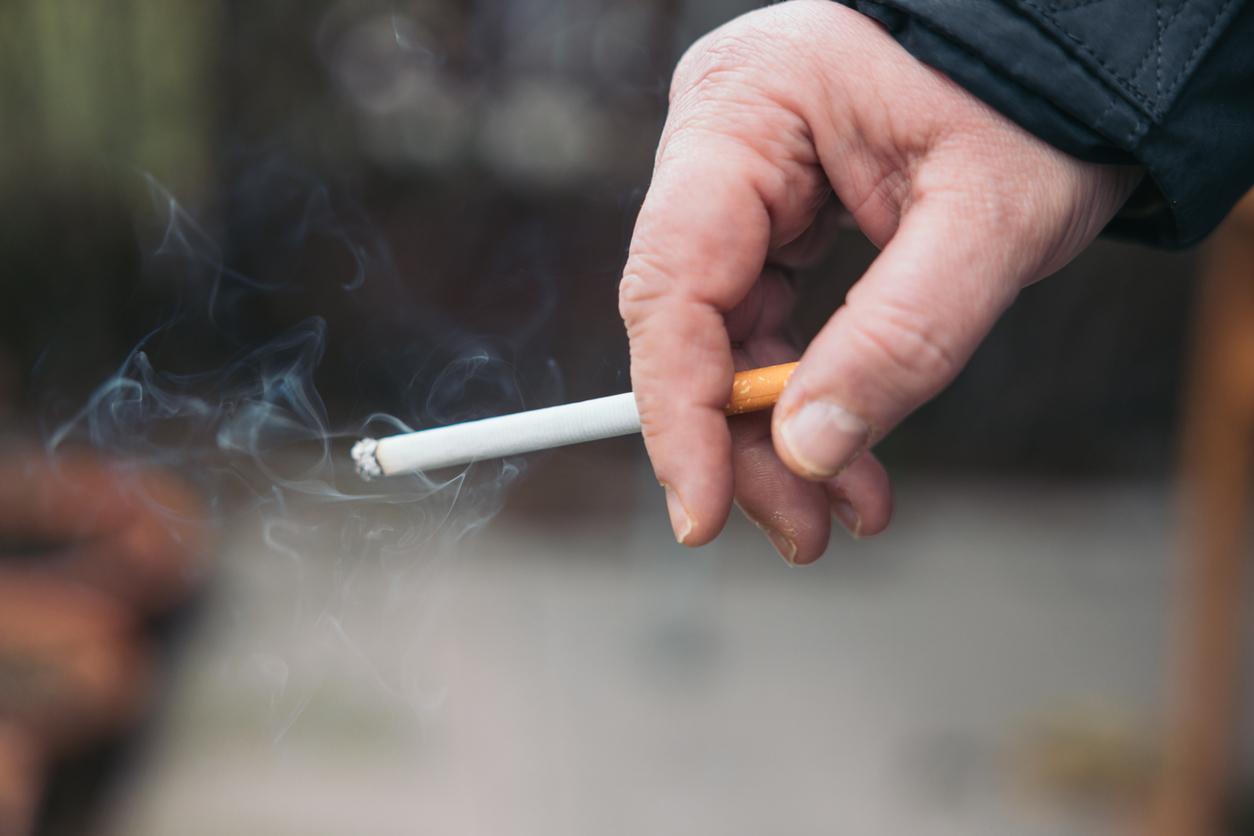The effects of the smoking ban are not uniform. Overall, they appear to be more effective in reducing the risk of smoking among people with a higher level of education, according to results of a study published in the American Journal of Epidemiology.
Researchers at the Feinberg School of Medicine at Northwestern University in the United States conducted a meta-analysis with 25 years of health data collected from young smokers and compared it to smoking bans in places public and bars.
The objective of the research was to understand the effects on the population of smoking bans in bars and restaurants. The data showed that the effects of the smoking ban were not uniform.
A high level of education to quit smoking?
The results of the study showed that the risk of smoking significantly decreases among graduates who live near completely no-smoking areas in bars and restaurants.
The researchers found that among people with at least a bachelor’s degree, the smoking decreased by around 20%, though they lived in areas where a ban was introduced. The study also found that these regulations reduced the risk of becoming a heavy smoker (smoking 10 or more cigarettes or half a pack per day).
“Our results suggest that smoking bans may help kick-start the process among people with lower socioeconomic status by making them more likely to try to quit, but that more needs to be done to turn it into one. total stop of smoking“said Stephanie Mayne, postdoctoral fellow at Northwestern University’s Feinberg School of Medicine.
“Inequalities in the effects of smoking bans underscore the need for a multi-pronged approach – including tobacco taxes and ensuring that tobacco companies do not promote their products to vulnerable populations – and offer free advice on smoking cessation ”concluded the researcher.
Read also:
Smoking: Great Britain illustrates the immediate effects of tobacco
10 years without tobacco for healthy sinuses
Really quit smoking: yes, it is possible
















